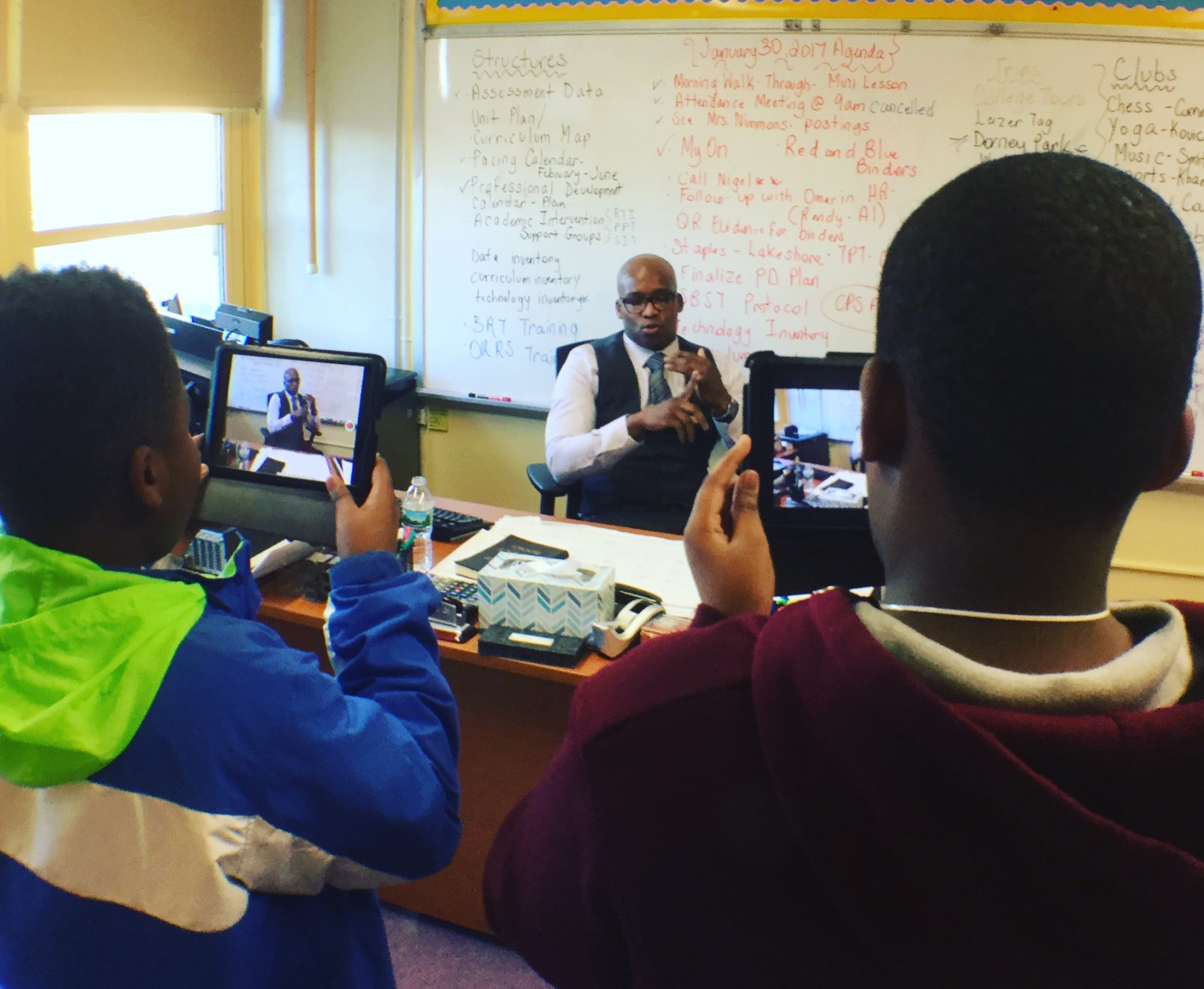To Build a Nation: Kosovo, Behind the Lens examines the human effects of international interventions in war-ravaged Kosovo, more than five years after the war.
Although Kosovo declared independence from Serbia on Feb 17, 2008, the time leading up to that was filled with frustration and impatience for all parties. This short project exposed the limbo that permeated throughout the province in 2003 and 2004 leading up to it’s independence. Exposing a few of the many complexities inherent in nation-building, and as American commitments multiply, it was time to examine closely the experience to date of one of these experiments, the 1999 US-led NATO intervention in Kosovo. Kosovo’s post-war experience provides powerful insights into the critical steps and missteps encountered in the nation-building experiment, and serves as a valuable lens for viewing the potential success or failure of other such experiments. Kosovo’s progress to date can teach us about the limits of externally-imposed agendas, and draw our attention to the critical need for home-grown solutions.
In examining Kosovo’s experience, we must always remind ourselves that perhaps nowhere else on earth will the international community find such favorable soil in which to sow the seeds of nation building. Under conditions far more favorable than those we face in other countries where we have intervened, Kosovo has seen considerable progress, but grave problems and challenges remain.
On paper, Kosovo’s post-war experience should give us cause for hope. Billions of dollars of international or Haiti, Kosovo has not been ravaged by decades of violent conflict, or emerged from the dark shadows of colonialism. Nestled within the bosom of southeastern Europe, with an educated population and an economic infrastructure, albeit aging, contained within a small and well traveled territory, Kosovo is probably one of the most favorable of social laboratories in which to conduct the nation building experiment.
It is therefore all the more necessary to put Kosovo and its people behind the lens, to examine Kosovo’s progress in nation building as shaped and distorted by the international community. For it must be said plainly, if the international community cannot succeed in building peace and prosperity in Kosovo, then where indeed can we succeed?

